The unexpected origins of everyday phrases
Every day, we sprinkle our conversations with phrases that have been passed down through generations. But have you ever stopped to wonder where these sayings originated? From battlefield bravado to ancient rituals, each expression has a fascinating history just waiting to be discovered. So, let’s embark on a linguistic journey and unravel the mysteries behind some of the most common idioms that color our language today.
“Bite the Bullet”: From Battlefield to Everyday Courage

The phrase “bite the bullet” takes us back to a time when anesthesia was not an option, and soldiers had to endure surgeries with nothing but a bullet to clench between their teeth. This practice, though grim, demonstrated immense bravery and resilience. Nowadays, we use it to signify facing a difficult situation head-on, but its roots in military history remind us of the courage once required on the battlefield.
“Butter Up”: How Ancient Rituals Sweetened the Deal

To “butter someone up” may seem like a modern way to flatter, but its origins lie in ancient Indian customs. Devotees would throw balls of butter at statues of gods in hopes of gaining favor. This ritualistic act was both a literal and figurative way to smooth things over. Today, while we might not hurl dairy products, the essence of trying to gain someone’s favor remains the same.
“Cat Got Your Tongue?”: Nautical Origins of Silence
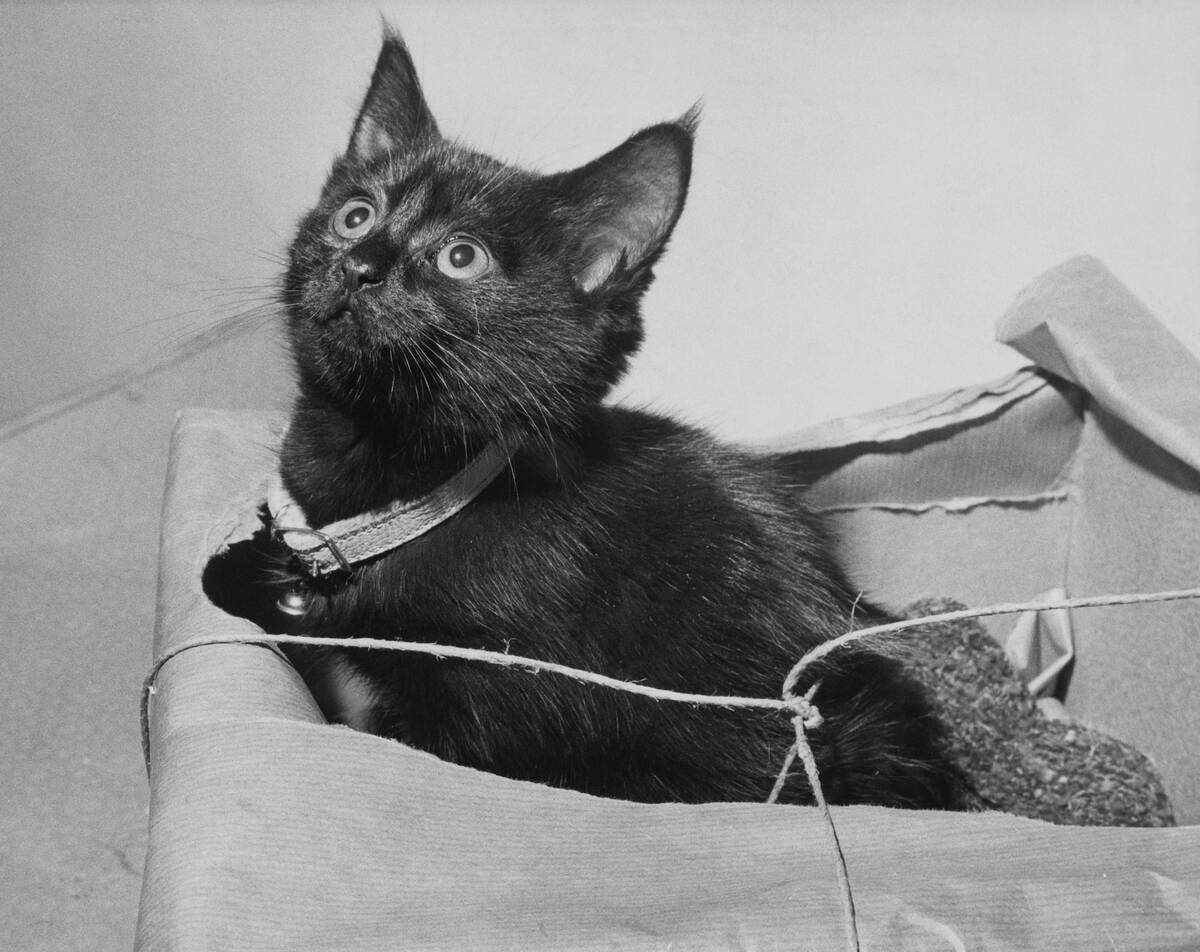
When someone asks if the “cat’s got your tongue,” they’re invoking a phrase with seafaring origins. The “cat” in question is the cat-o’-nine-tails, a whip used to discipline sailors. Silence was often a response to this intimidating instrument. Thus, the expression evolved to describe someone who is at a loss for words, albeit in much less menacing circumstances than its origin.
“Barking Up the Wrong Tree”: A Tale of Hunting and Hounds

The saying “barking up the wrong tree” conjures images of a determined dog mistakenly barking at an empty tree. In hunting terms, it meant the hound was pursuing the wrong prey, often leading to an unsuccessful chase. Today, it’s a reminder to ensure our efforts are well-directed and not wasted, echoing the persistence of those eager hunting dogs.
“Burning the Midnight Oil”: From Lanterns to Late-Night Studying

“Burning the midnight oil” harks back to times when oil lamps were the primary source of light after dark. Students and workers would burn oil lamps to continue their tasks late into the night. This expression now encapsulates the dedication of those who work tirelessly beyond regular hours, showing that the pursuit of knowledge and achievement often requires sacrifice.
“Caught Red-Handed”: The Colorful History of Crime

To be “caught red-handed” is to be caught in the act of wrongdoing, but its origins are quite literal. In medieval times, if someone was found with blood on their hands after committing a crime like poaching, they were undeniably guilty. This vivid imagery has persisted, symbolizing undeniable evidence of guilt that is hard to refute, much like the telltale stains of the past.
“Cost an Arm and a Leg”: Priceless Portraits and Pricier Phrases

The idiom “cost an arm and a leg” is believed to have originated from the world of portrait painting. In the past, portraits that included limbs were more expensive, as they required more skill and time. While the literal cost of limbs in art has faded, the expression remains as a colorful way to describe something exceedingly expensive, hinting at its artistic roots.
“In a Nutshell”: Ancient Romans and Their Concise Communications
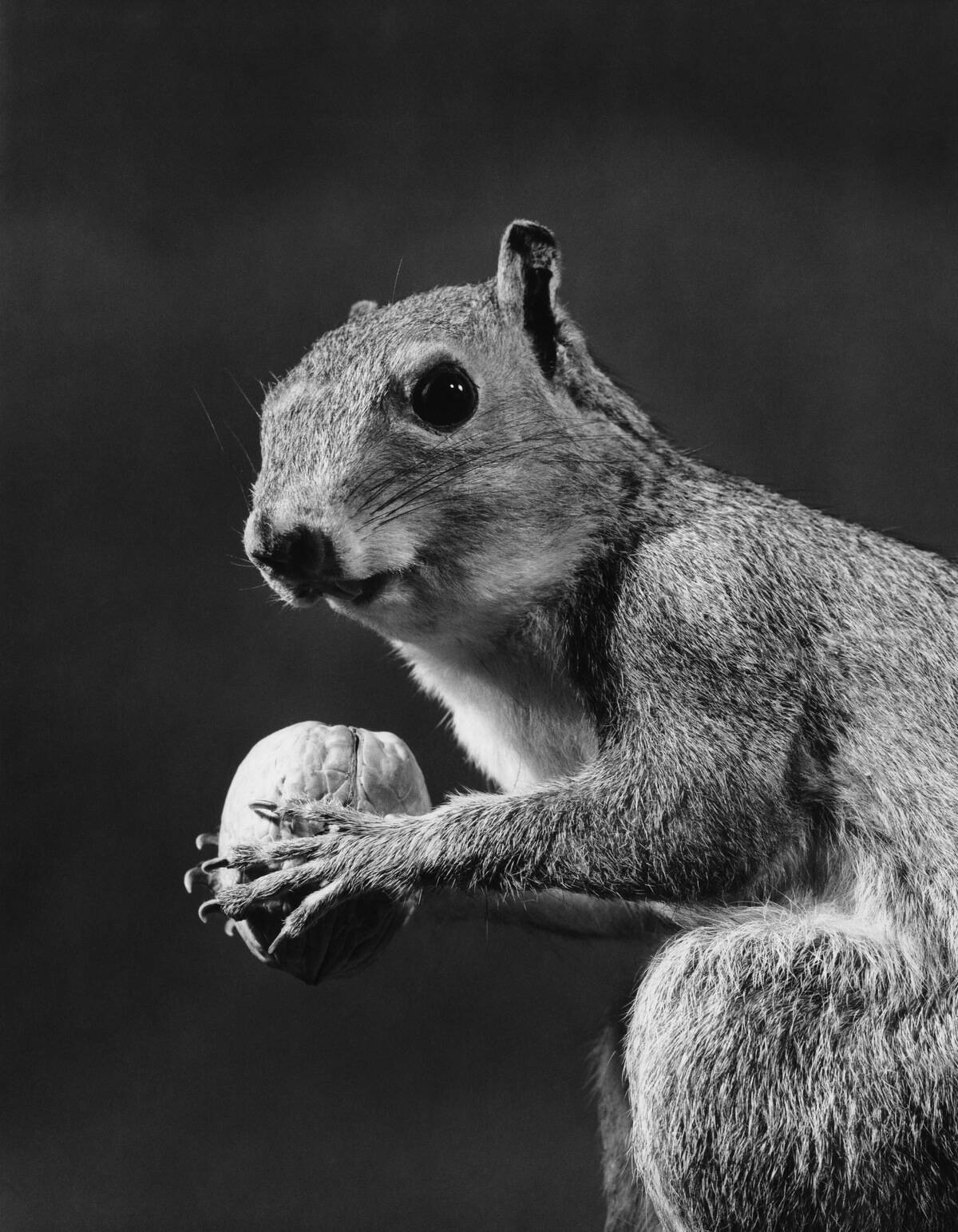
The phrase “in a nutshell” suggests condensing an idea to its essence, akin to how the Roman philosopher Pliny the Elder claimed that Homer’s epic, the Iliad, could fit on a single nutshell. This notion of brevity has endured, embodying the challenge of conveying vast amounts of information succinctly. Even today, we strive to fit our thoughts “in a nutshell,” just like those ancient Romans.
“Kick the Bucket”: A Grim Origin with Livestock Roots

To “kick the bucket” is to die, but its roots lie in the world of livestock. In the past, animals were often hung by their feet and would kick the bucket beneath them in their final moments. The phrase has taken on a less literal and more colloquial tone over time, providing a gentle way to address the inevitable end we all face, albeit with a nod to its somber beginnings.
“Let the Cat Out of the Bag”: Market Day Mischief
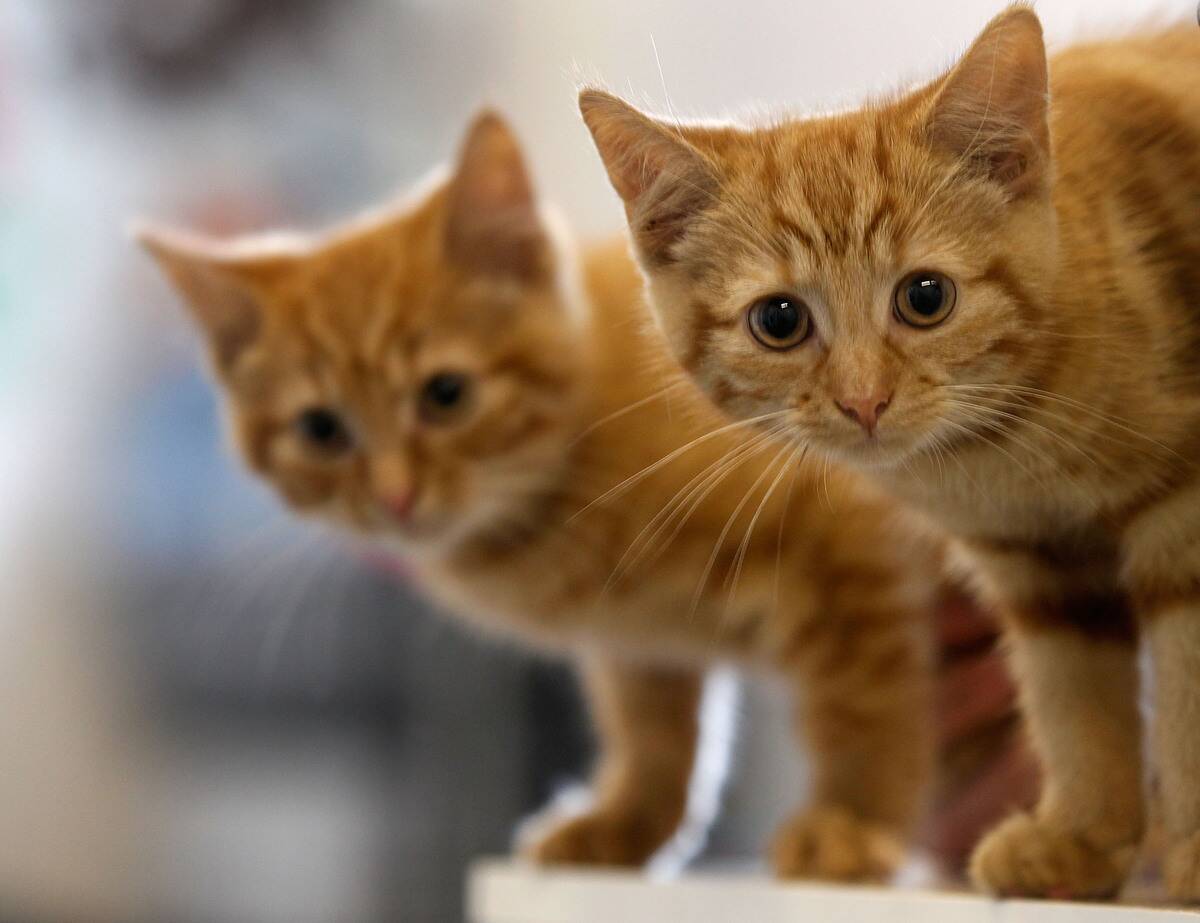
The expression “let the cat out of the bag” refers to revealing a secret, and its origins are steeped in market deception. Unscrupulous vendors would sell piglets in bags, but sometimes buyers would find a less valuable cat inside instead. Once the cat was out, the secret was exposed. This phrase now serves as a humorous reminder of the importance of transparency and honesty.
“Raining Cats and Dogs”: Weather Wonders from Norse Myths
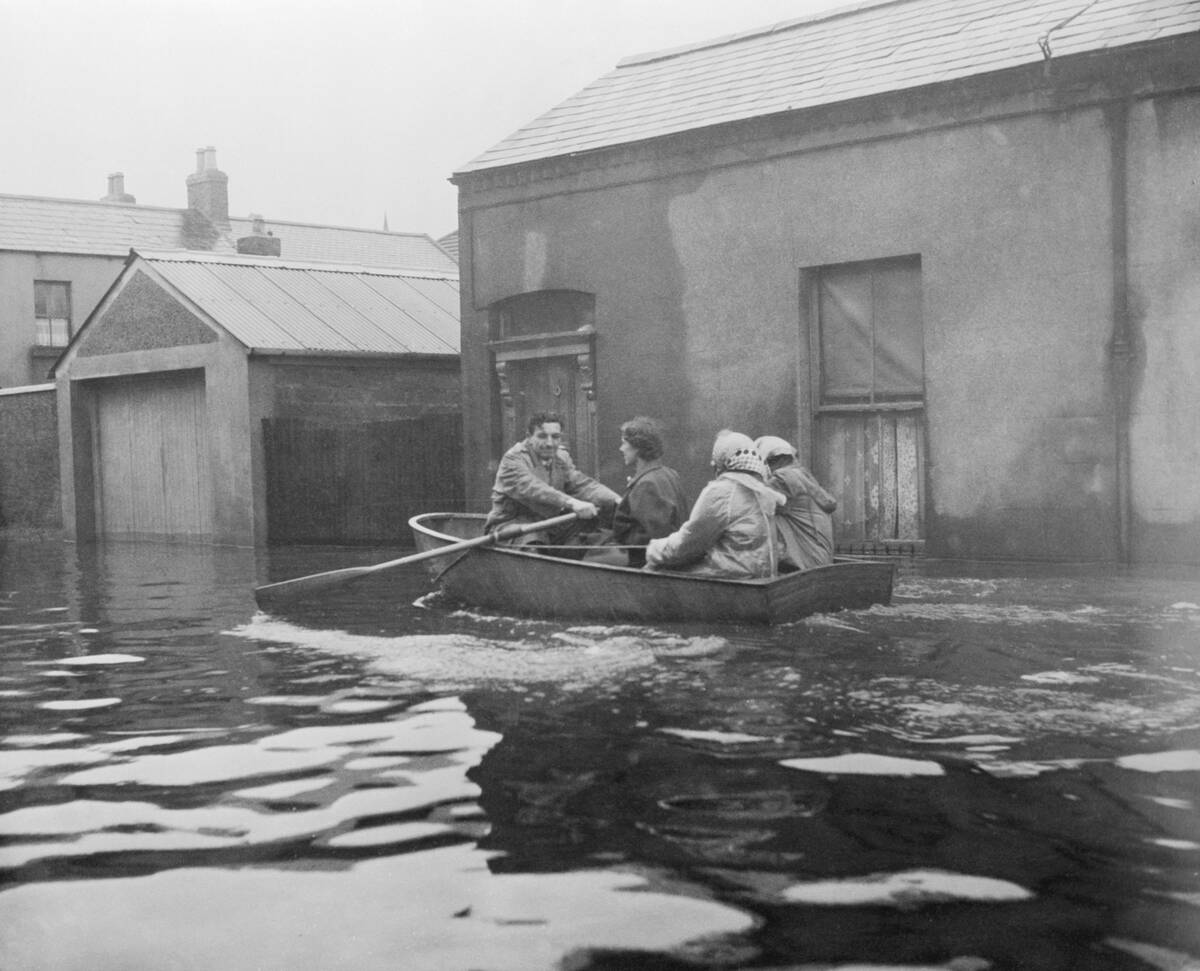
The saying “raining cats and dogs” paints a vivid picture of a heavy downpour, and its origins are as colorful as the phrase itself. Some trace it back to Norse mythology, where cats symbolized storms and dogs were associated with wind. This imaginative explanation brings out the whimsical nature of language, reminding us of the enchanting tales that shape our expressions.
“Spill the Beans”: An Ancient Voting System’s Secret Reveal

“Spill the beans” means to reveal a secret, with roots in an ancient Greek voting method. Voters would place beans in jars to cast their votes, and spilling them would inadvertently disclose the results. This simple act of bean-spilling has transcended its literal origins, becoming a metaphor for revealing information, whether intentional or accidental, in our everyday conversations.
“Straight from the Horse’s Mouth”: Racing Tips and Trustworthy Sources

Getting information “straight from the horse’s mouth” suggests receiving it from the most direct and reliable source. This phrase comes from horse racing, where a tip from one closely involved with the horse, such as a stable hand, was deemed most credible. Today, it underscores the value of firsthand information, a practice as trusted now as it was in the racing days of yore.
“Break the Ice”: Social Navigation from Nautical Beginnings

“Break the ice” is a term now used for easing social tensions, but it originally referred to ships breaking through ice to open up trade routes. This nautical practice was essential for communication and commerce during frozen winters. The phrase has sailed into our social vernacular, emphasizing its role in facilitating interactions and overcoming initial barriers in human connections.
“The Whole Nine Yards”: Military Measures of Effort
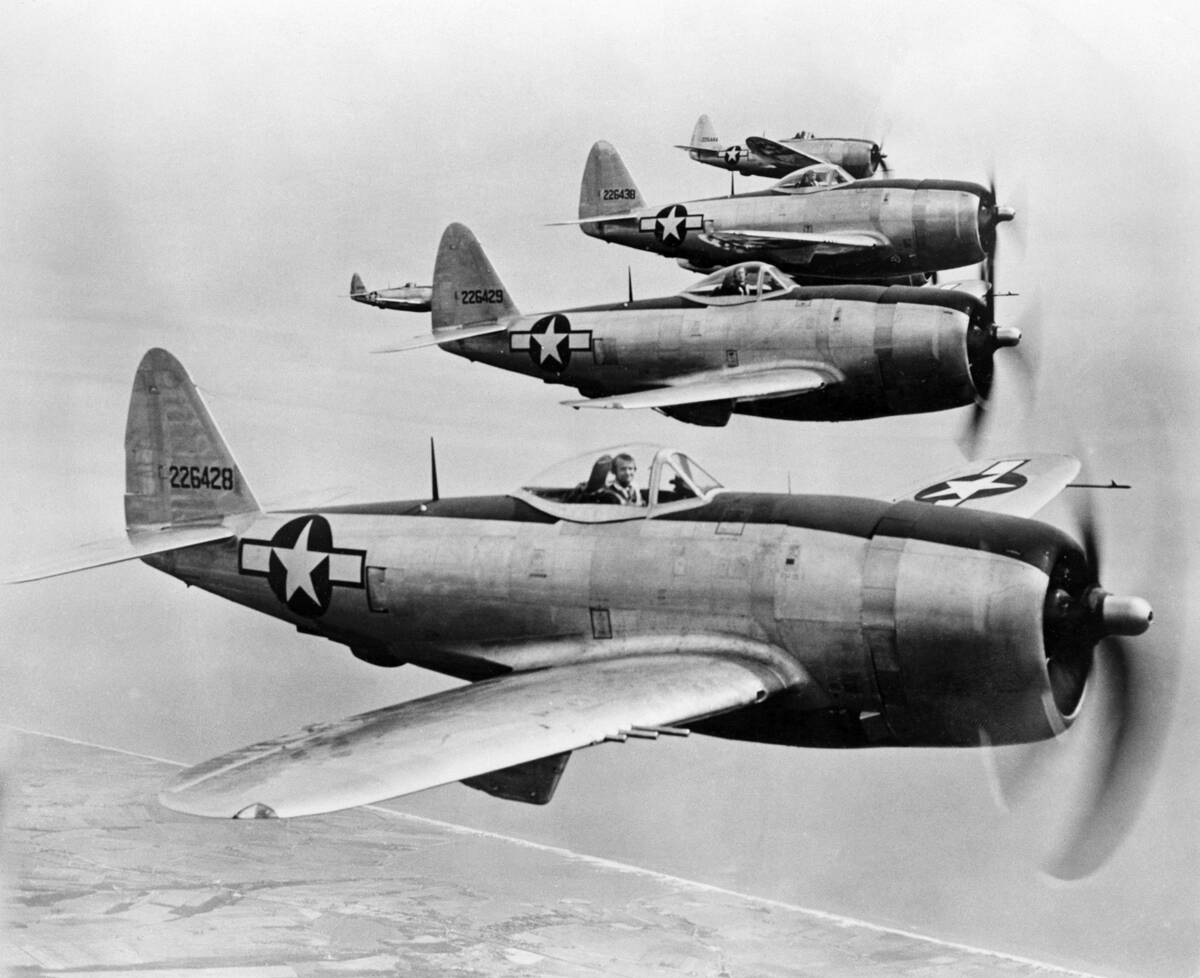
The phrase “the whole nine yards” signifies going all out, and its origin is often linked to World War II. Fighter planes were equipped with nine-yard-long ammunition belts, and using the whole belt meant maximum effort had been expended. While its precise origin remains debated, the expression consistently conveys a sense of completeness and dedication, much like those ammunition belts of the past.
“Eat Humble Pie”: Noble Feasts and Humbling Origins

To “eat humble pie” means to admit one’s faults, but its origin is quite literal. In medieval times, “umbles” referred to the less desirable parts of a deer, often served in a pie to lower-status individuals. This dish symbolized humility, as those who ate it were reminded of their social standing. Today, the phrase serves as a metaphor for acknowledging mistakes, a humbling experience in any era.



